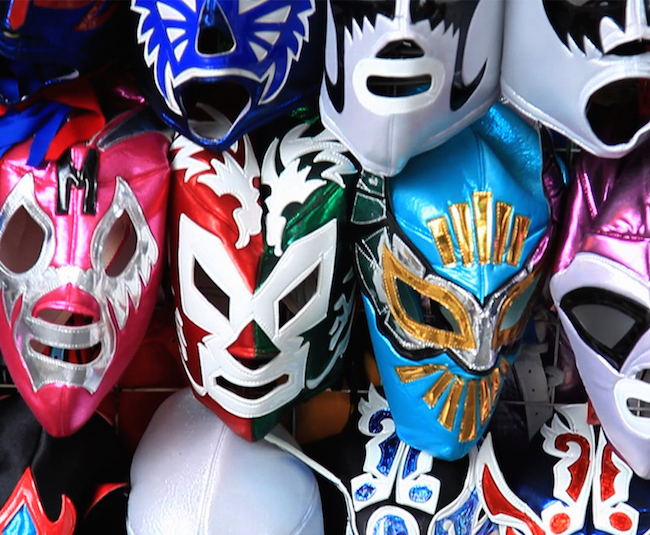Image via
The United Nations (UN) is urging its member nations to join together in banning cannabis companies from advertising their wares anywhere in the world.
In its latest World Drug Report, the UN Office on Drugs and Crime (UNODC) recommends that member nations enact a “comprehensive ban on advertising, promoting and sponsoring cannabis” in order to “ensure that public health interests prevail over business interests.” The report recommends that the ban should be modeled on existing regulations against tobacco advertising and apply across all jurisdictions.
In the report, the UNODC argues that the ban on weed advertising is necessary because fewer and fewer adolescents believe that cannabis use poses significant health risks. The organization also trots out the old “weed is stronger than ever” rhetoric, noting that the overall THC levels in weed products were four times stronger in 2019 than they were in 1995.
“There is clear discordance between the risk of harm perceived by adolescents in using cannabis and the potential risk that cannabis products of increasingly greater potency could pose to their health,” the report states. “Moreover, in some jurisdictions in Canada and the United States, other cannabis products, such as cannabis concentrates and edibles, may have a potency of 70 per cent or more, making the substance more potent and its users more prone to health consequences.”
It’s definitely true that THC levels in cannabis products are getting higher every year, but peer-reviewed research studies have found that using high-THC cannabis products does not pose any greater health risk than using low-THC weed. One study has even reported that high-potency pot concentrates don’t even get people higher than regular potency weed.
Despite this standard prohibitionist language, some activists believe that this report is actually a good sign that the UN is coming to terms with global cannabis reform. Steve Rolles, senior policy analyst for the Transform Drug Policy Foundation, told Marijuana Moment that this proposal may well be the very first time that the UN has “engaged with the regulation debate – i.e. advised on best practice—rather than simply describe or condemn.”
Rolles believes that the statement amounts to “a tacit acknowledgment that the game is up” and that the UN isn’t “going to turn back the tide” on cannabis reform. “The fact they are weighing in at all on the regulation debate, and haven’t before, feels significant… It feels like a distinctive shift and break with the past.”
Last year, the UN Commission for Narcotic Drugs (CND) removed cannabis from Schedule IV of its drug scheduling system – a category reserved for dangerous, addictive drugs like heroin and fentanyl. By rescheduling cannabis as a Schedule I drug, the organization has officially accepted the fact that there are valid medical uses for hemp and marijuana.
Although the UN is currently recommending that all member nations adopt their own bans on cannabis advertisements, it does not have authority to actually enforce these bans. This recommendation may also be somewhat redundant, considering the fact that Canada and most weed-legal US states have already rolled strict advertising regulations into their adult-use laws.











